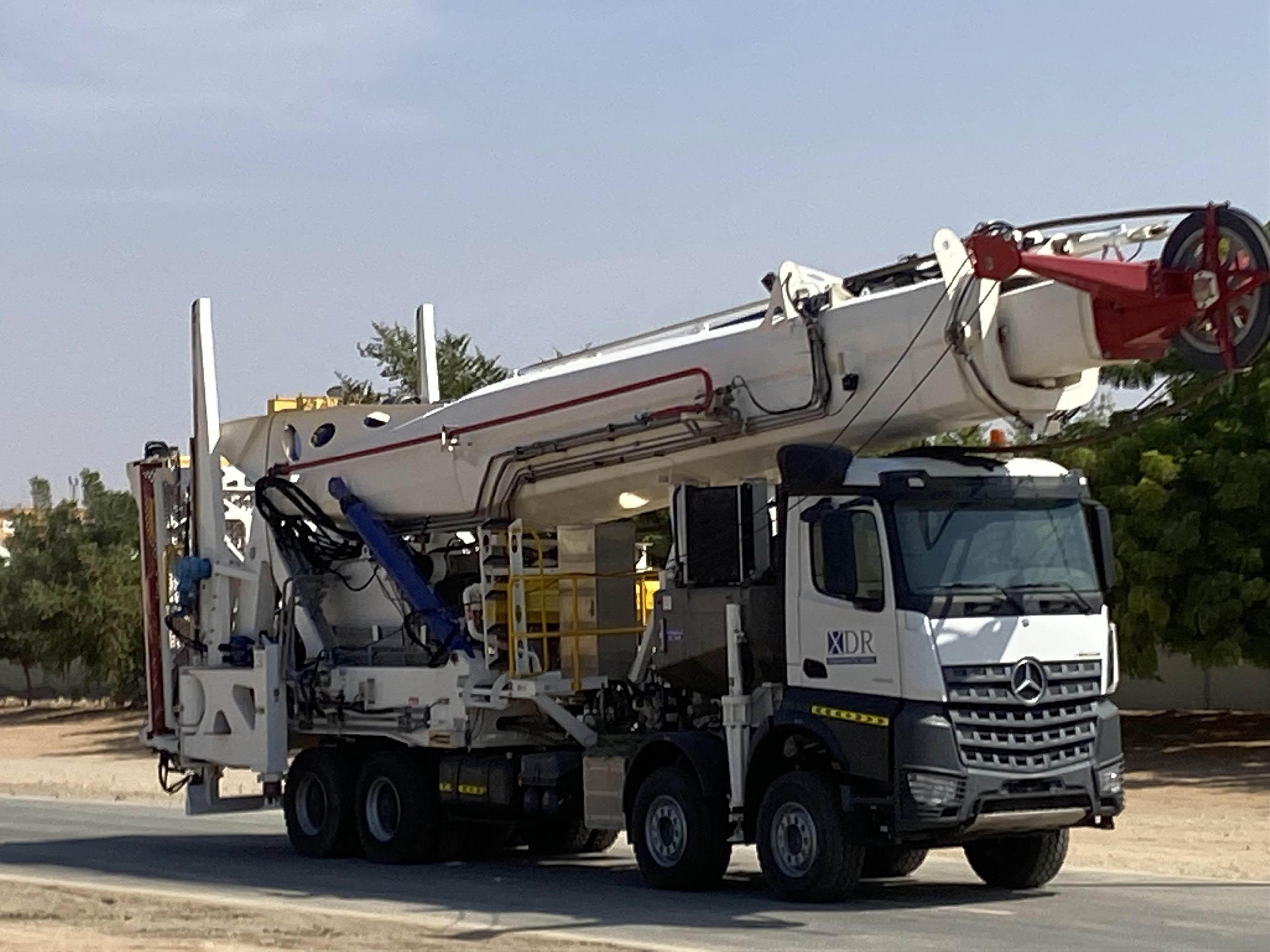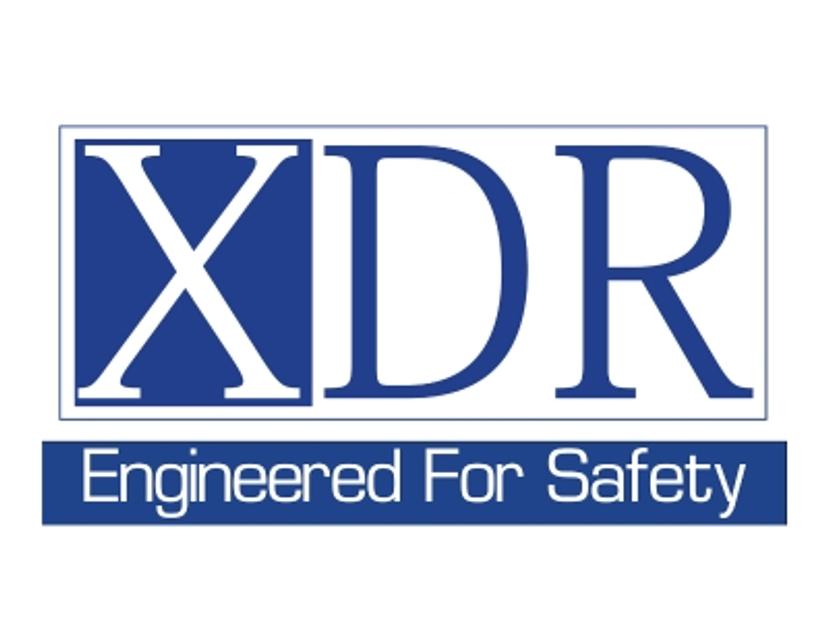Abstract
Established in 2007, Australia’s Exploration Drill Rigs Pty Ltd (XDR) Group is a leading global supplier of drilling rigs, workover rigs and ancillary products for the onshore mining and oil and gas industries. In 2014 XDR became aware that existing oil and gas workover rig packages required significant innovation to meet current industry needs and wants. Working with the industry, XDR developed patented fit for purpose workover rig packages. These packages incorporate electric over hydraulic controls, telemetry data systems, and embedded systems that improve operator safety, reduce the carbon footprint, and minimise impact on bridges and roads.
XDR’s workover rig packages improve the productivity, safety and profitability for its clients and have a proven track record to reduce the overall cost of well servicing by up to 50 percent and bring the wells into production faster. XDR’s engineering design services provide customised solutions resulting in the development of innovative new products for the mineral, oil, gas and energy industries. XDR owns and operates a purpose rig building manufacturing facility in Gujarat, India. This facility also provides manufacturing services for companies wanting to enter the Indian market, and/or build export quality hydraulic, electrical, mobile equipment and heavy fabricated parts, at an internationally competitive cost. This case study captures XDR’s India growth story and its key learnings.
Introduction
XDR Group, headquartered in Redbank, Queensland, Australia, operates a specialised rig production facility in Ahmedabad, Gujarat, India. Their skilled workforce of tradespeople, technicians, and engineers are responsible for manufacturing and supporting their equipment in the field. Leading the Research and Development (R&D) team are twelve design engineers situated in India and Australia, overseen by a registered professional engineer. XDR’s unique focus is on investing heavily in developing new technologies for the onshore oil, gas and mineral industries. Presently, their ongoing projects involve the creation of workover rig packages for the Middle East, Australia, India and South East Asia, environmentally friendly electric rigs to minimise carbon emissions, hands-free systems for handling tubulars, and mineral drilling rigs.
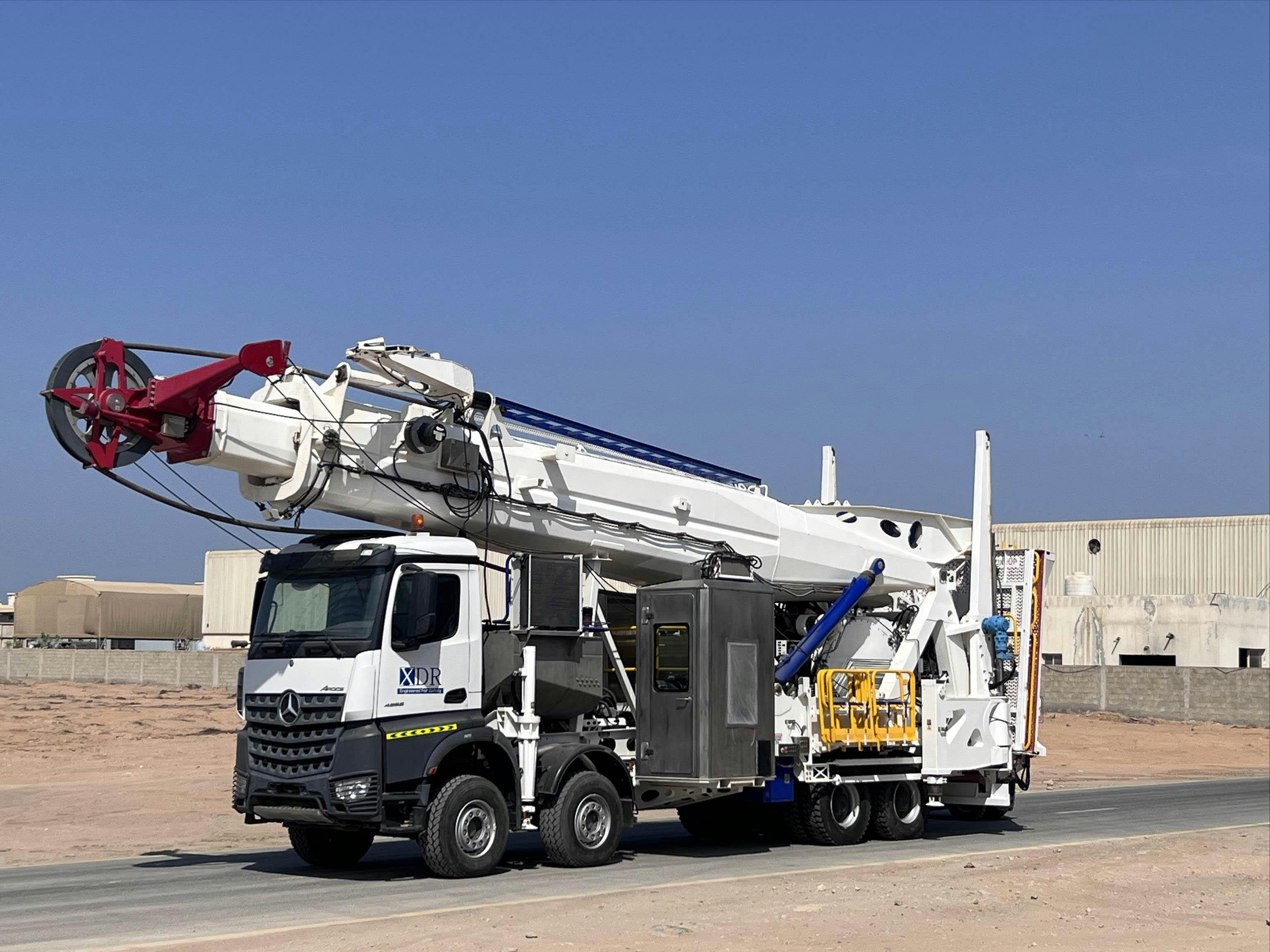
Companies utilise XDR's services in mechanical design, prototyping, rig refurbishment, hydraulic fitting, software development, and heavy steel fabrication manufacturing. Additionally, XDR Group extends its offerings to third-party customers, providing hydraulic cylinders, power packs, fabricated assemblies, post hole borers, and material handling systems for the logistics industry. They also assist and provide a physical location for companies interested in entering the Australian and Indian markets.
India Strategy
XDR Group made its entry into the Indian market in early 2007. It swiftly recognised the tremendous potential and demand for its equipment in India, a country undergoing rapid urbanisation. The expanding infrastructure and industries in India necessitated innovative equipment to tap into its natural resource reserves. XDR Group opted to be the solution, especially considering the limited presence of domestic competitors.
Prior to venturing into the Indian market, XDR Group extensively surveyed several Asian countries, conducting an external analysis to compare the advantages and disadvantages of establishing operations in each of them. This approach involved engaging in discussions with business colleagues within their network and exploring potential partnerships in these countries.
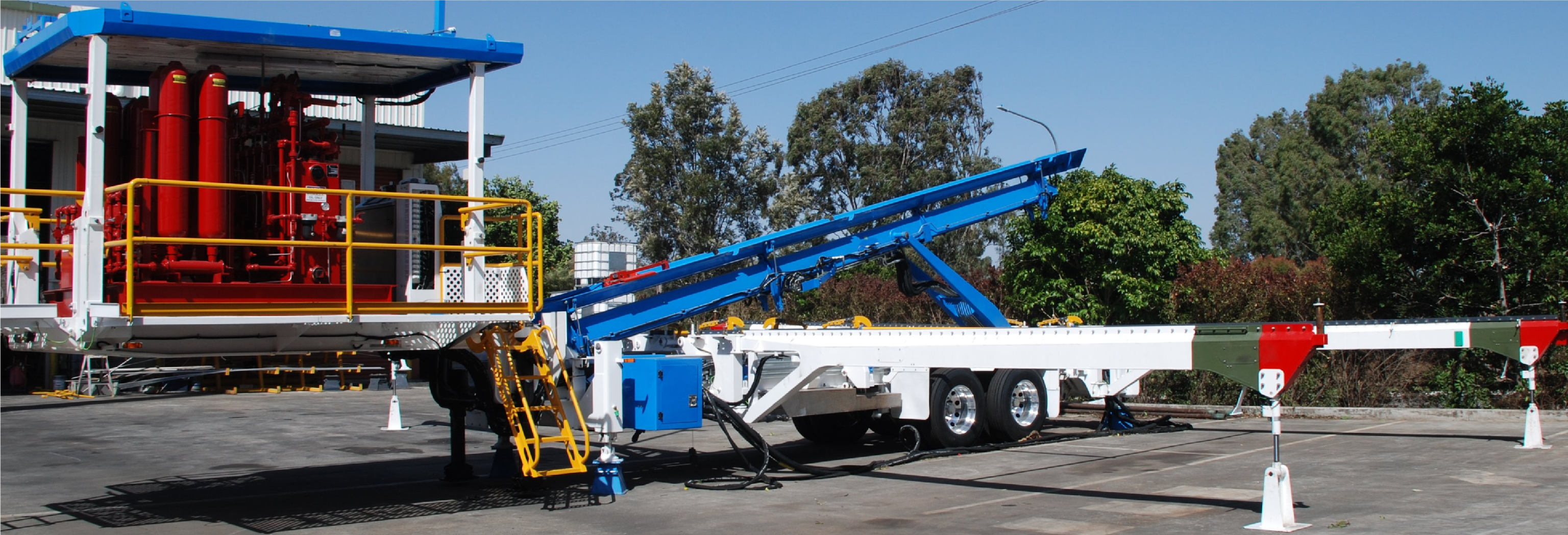
The decision to set up operations in India was driven by multiple considerations. Firstly, extensive market analysis indicated that the primary growth markets for their products were in the Middle East and India, and establishing operations in India would enable them to effectively cater for these markets.
Secondly, conducting business in India in English and having contracts and a legal system based on English common law, which they were familiar with, played a significant role in their decisionmaking process.
Thirdly, they had a strong belief that safeguarding their intellectual property would be comparatively easier in India compared to other countries they evaluated.
In order to gain buy-in from internal stakeholders, XDR conducted extensive research into the potential advantages of entering the Indian market. This research encompassed factors such as market size, growth potential, and potential competitors. They also conducted a comprehensive analysis of the associated risks and challenges linked to their expansion strategy and developed a detailed plan for mitigating these risks. To ensure cost-effectiveness and overcome the 30 percent import tariffs on Australian goods, the company initially focused on establishing an Indian manufacturing operation.
XDR chose Gujarat as the location, considering its favourable business environment, significant infrastructure development, uninterrupted electricity supply, and the presence of educated and experienced tradespeople and engineers.
XDR’s business model for entering India revolved around forming a joint venture partnership with a local company to construct a specialised rig manufacturing facility in Ahmedabad. Recognising their limited understanding of conducting business in India, XDR pursued the partnership primarily to expedite the construction process, facilitate the recruitment of personnel, ensure compliance with regulations, and effectively share the risks and costs associated with the project. The joint venture partner also played a crucial role in helping XDR establish relationships with key stakeholders, contributing to the overall success of their operations in India.
After several years of operation, the XDR Group has acquired full ownership of the facility by buying out its joint venture partner. The Australian-owned facility in Ahmedabad now employs slightly over 100 personnel and manufactures a patented range of equipment for the oil, gas, and mineral industries. XDR supplies these products on a contract basis to companies from Germany, Austria, India, the Middle East, and Australia, leveraging its Ahmedabad facility.
“We decided that by investing directly in an Indian facility, the XDR Group was creating a natural hedge against foreign currency fluctuations. We also mitigated compliance risks, shared the costs, and reduced the time to establish the business by entering into a joint venture with a local partner.” – Michael Ilett, Director, Exploration Drill Rigs Pty Ltd.
“The joint venture partnership was able to arrange commercial loans to fund some of the expansion costs. We have provided detailed budget and resource plans to the shareholders that showed how the XDR Group could support the expansion without compromising existing operations.”
By establishing a physical presence in India, XDR has successfully cultivated relationships with local suppliers, partners, and customers. They have actively participated in trade shows, fostering connections with industry associations, and forging alliances with Indian businesses. These initiatives have not only bolstered their credibility and trust in the market but also granted them greater control over their sales and marketing endeavours. XDR's on-ground presence has also significantly improved their ability to provide aftermarket support and servicing for their equipment, instilling confidence, and trust among their Indian clientele. By manufacturing locally, XDR has been able to maintain cost competitiveness and ensure high usability of their equipment.
The strategic vision for XDR Group's India-market expansion has been shaped by its current directors, Michael Ilett and Ross Hutton. Ilett, a Chartered Accountant with an MBA specialising in new venture start-ups, brings over 20 years of experience to the table. Meanwhile, Hutton, an engineer with over 30 years of industry expertise, contributes his valuable insights. As a company, XDR Group sets itself apart by offering a compelling value proposition by providing customised solutions to its customers. It achieves this by actively engaging in extensive research and development initiatives alongside its industry stakeholders, leading to the successful commercialisation of groundbreaking technologies. In a competitive landscape, XDR Group differentiates itself from other rig manufacturers who primarily focus on cost leadership strategies.
XDR recognised the importance of continuously refining their initial approach to effectively navigate the Indian market. They openly acknowledge that they may have underestimated the time and resources necessary to establish a prosperous business in India, resulting in a significant commitment of on-ground presence during the initial five years of operations. Through this experience, they gained valuable insights. One of the key lessons learned was the realisation that India had a distinct level of bureaucratic compliance and paperwork requirements, which differed from their experience in Australia.
Additionally, they underestimated the time needed to transfer knowledge from Australia to India and establish systems to effectively manage the cultural and organisational differences between the two countries. These experiences highlighted the importance of adapting their strategies and processes to align with the unique dynamics of the Indian market.
“Australian companies have flat organisational structures, while our Indian company had a bureaucratic organisational structure. It took some time to implement systems to overcome micro-management and bottlenecks in production in our Indian facility.”
“Being in India highlighted the importance and benefit of having "boots on the ground" and the need to provide after-market sales and support for our equipment. Our Indian customers require that the local equipment be made with components that are readily available in India to facilitate repairs and maintenance.”
“The local work has enabled us to balance the manufacturing flow in our facility, by adopting first-quality management systems and processes, we have been able to build a business providing a range of fabricated products, hydraulic components, cylinders, power packs, and subassemblies to Indian and Australian companies seeking quality ontime.”
Seeing The Future
“The Australia-India Economic Cooperation and Trade Agreement (AI-ECTA) has eliminated import tariffs for the drilling rigs, workover rigs, and other products we manufacture in our Indian facility for the Australian market.”
To overcome the imposition of a 30 percent import duty on goods brought into India, the XDR Group has strategically shifted a significant portion of its manufacturing operations to India. This relocation allows them to leverage various Indian schemes such as the Indian Advance Licence. Other companies are also able to avail themselves of the Export Oriented Unit (EOU), and Duty Drawback schemes. These schemes enable duty-free importation of inputs required for production, provided the finished goods are intended for exportation from India.
Before importing the necessary inputs, XDR obtains approval from the Directorate General of Foreign Trade, which grants authorisation under the condition that the finished goods will be exported within a specified time frame. This allows them to access duty-free inputs required for manufacturing.
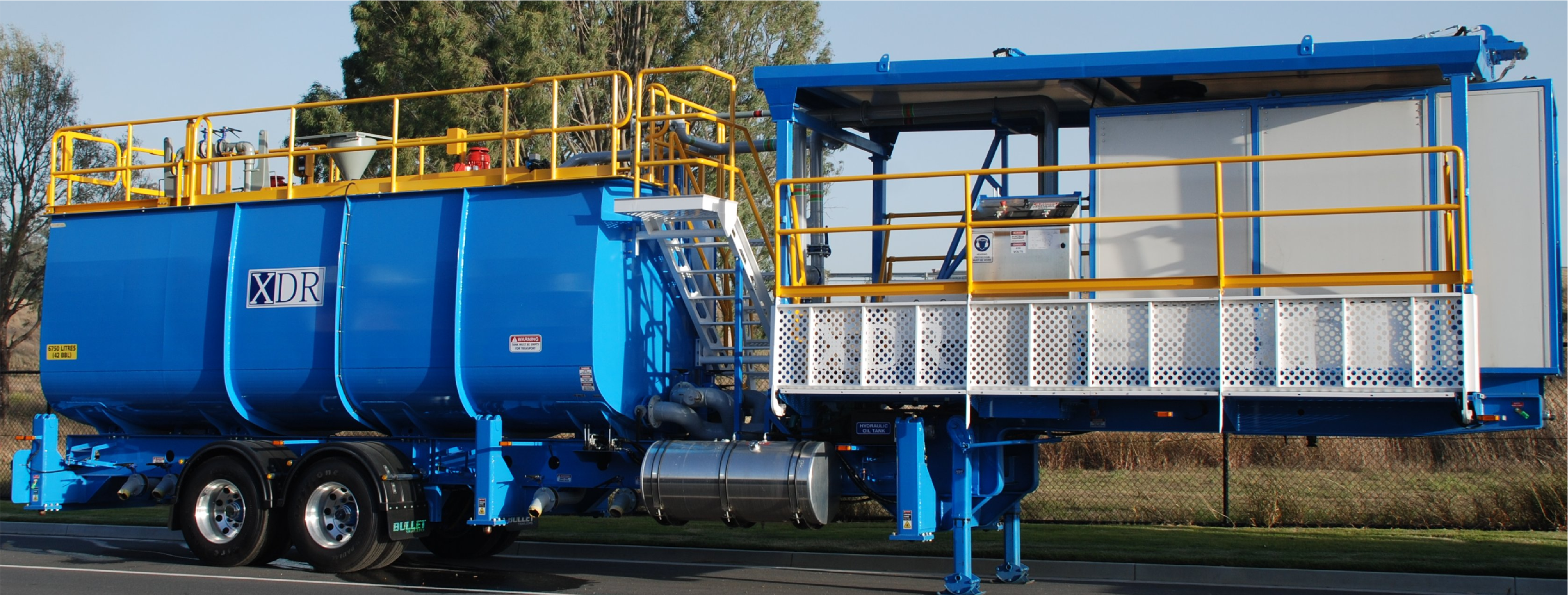
Furthermore, the AI-ECTA has played a vital role in supporting the sector by eliminating tariffs on products manufactured in India specifically for the Australian market. The combination of the AI-ECTA and the Indian government schemes for duty-free importation of inputs required for production, if exported, has significantly contributed to XDR's ability to remain competitive within the Indian and Australian markets.
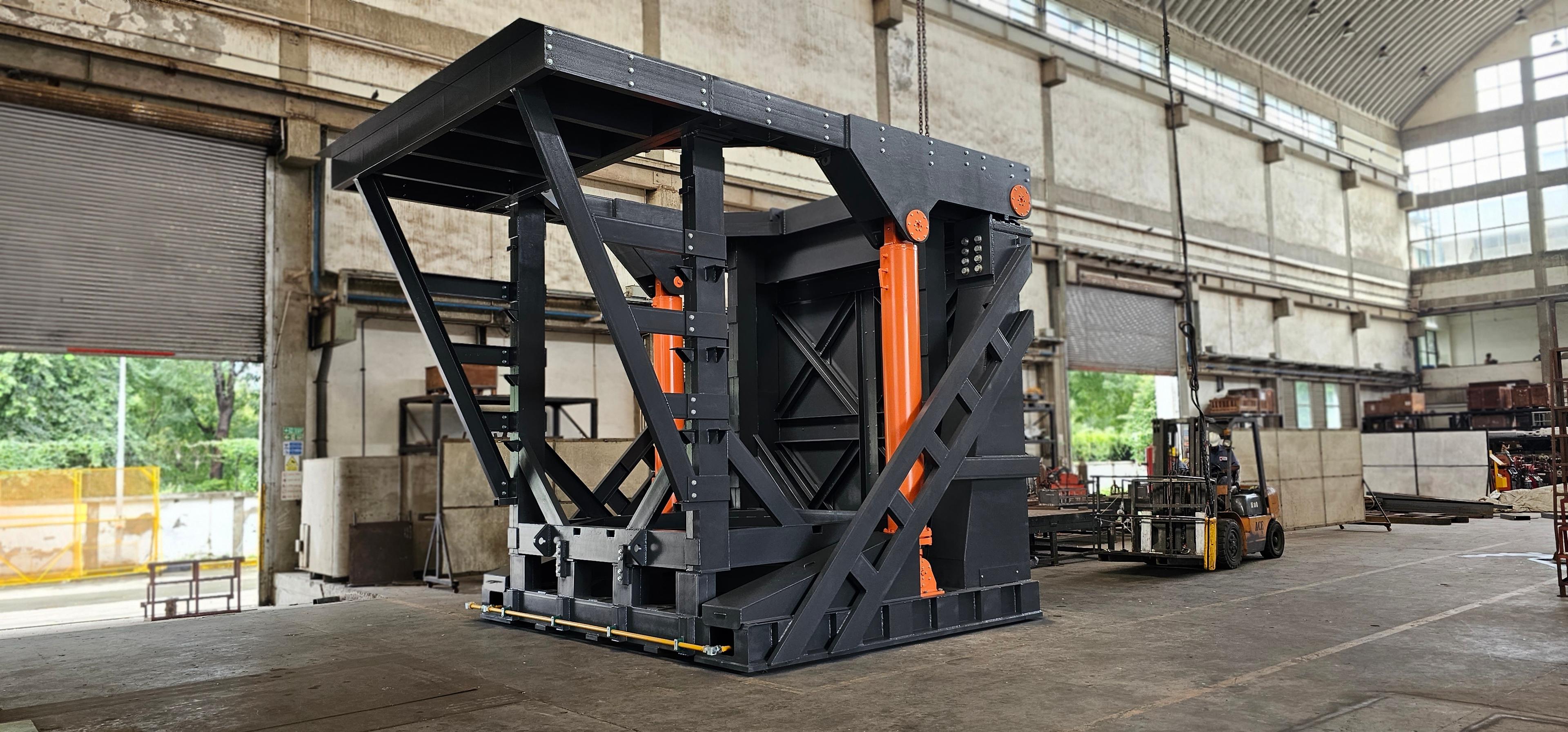
Planning Ahead
Based on XDR Group’s India-market entry and the experience, the following learnings have emerged –
- Seek advice from external parties, that includes federal and state bodies, existing companies and advisory firms to gain insights on doing business in India
- Conduct thorough market research, supplemented by industry specific conferences to evaluate the competitive landscape properly, as well as the local business environment
- Build strong relationships with local partners, considering the Indian market is relationship-driven
- Invest in local talent and customise products and services to suit the local market needs, this could involve tailoring products with local components, providing after-sales support, and local manufacturing
- Focus on customer service to build long-term partnerships
- Conduct rigorous due diligence before building partnerships
- Understand the complexities of the Indian market especially within its regulatory environment
- Embrace the cultural differences
- Be mindful of the difference in organisational structures and norms, business etiquette.
Australia is a world leader in the global minerals industry, with abundant and diverse mineral resources, skilled mining-industry professionals, and cutting-edge extraction and processing technologies. Over 50 percent of the companies in Australia’s A$90 billion METS sector export their goods and services, and a large proportion of the world’s mining-related software is written in Australia. India’s appetite for energy is insatiable.
“Indian mining companies are relatively new to the mining industry's product and service innovations compared to their Australian counterparts and are seeking a better understanding of advanced mining practices. The Indian government is actively granting tenements and supporting exploration and mine development, resulting in rapid growth in demand for products and services.” - Michael Ilett, Director, Exploration Drill Rigs Pty Ltd
The XDR Group is a perfect example of how Australian companies can cater to India’s large unmet needs in the mining, METS, and energy sectors, and in the process explore India’s potential as a production and innovation hub. Australian companies with their comparative advantages, which, if utilised can offer a range of solutions to the mining industry in India. These solutions can span the mining value chain, with data-driven mining decisions and social and environmental sustainability playing a pivotal role; develop geophysical and geochemical knowledge, data analysis, modelling and geographic information system (GIS) skills; develop skills in installing, operating and manufacturing advanced extraction technologies as well as advanced drilling, sensing, sorting and processing technologies; foster skills in the operation and maintenance of autonomous and robotic equipment, and develop technical expertise in material sciences and nanotechnology.
